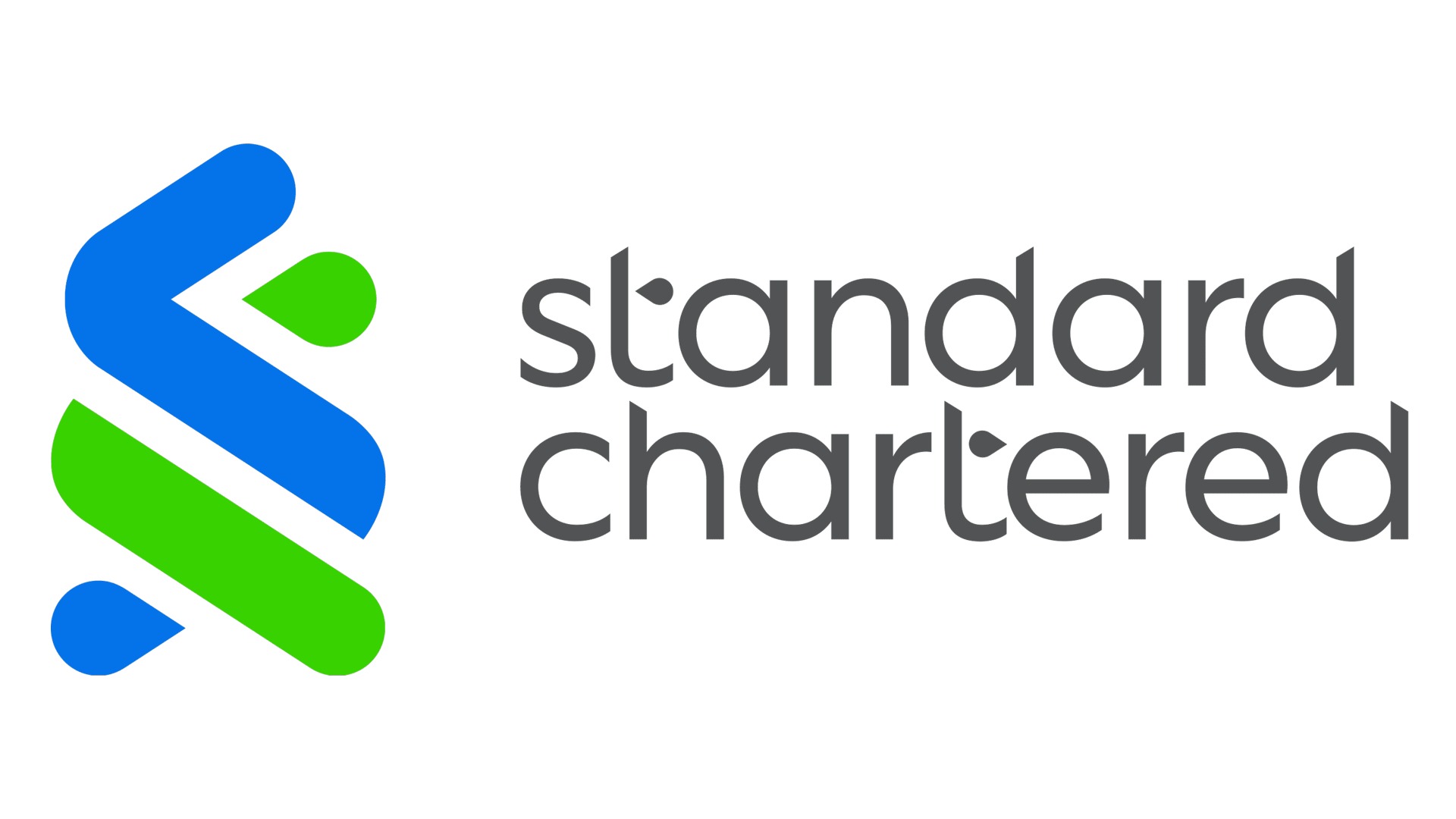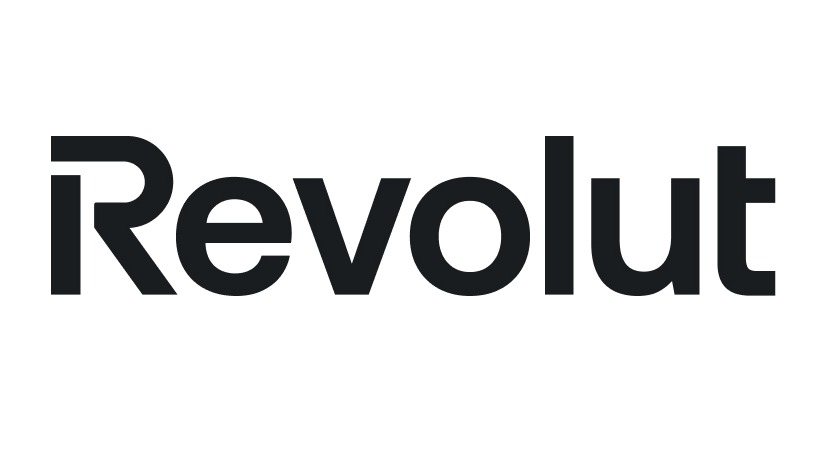Standard Chartered’s chief executive officer, Bill Winters, has reaffirmed the bank’s commitment to flexible working arrangements, resisting the growing trend of mandatory office returns in the financial sector.
Speaking to Bloomberg after the bank released its latest financial results, Winters said, “We work with adults, and we treat them as such. We do not need to mandate people back to the office.”
The London-based bank reported a 13 per cent rise in underlying profit before tax, reaching $2.1 billion in the second quarter of the year, compared to the same period last year. Revenue increased by 6 per cent to $4.6 billion, driven by growth in transaction banking and wealth management. Standard Chartered’s results exceeded market expectations and prompted the bank to maintain its full-year guidance, with projected income growth of up to 8 per cent and a return on tangible equity of 12 per cent.
Winters emphasised that the bank’s flexible approach has not hindered productivity or results. “Our results show that productivity remains high and we are delivering for shareholders,” he said. The company’s stance contrasts with several other major banks that have implemented stricter office attendance policies. Winters added, “We have found that giving colleagues flexibility leads to better outcomes.”
Standard Chartered’s capital position remains robust, with a common equity tier 1 ratio of 14.2 per cent. Winters noted, “Our capital position remains robust, and we are well placed to support our clients.” The bank also announced a $1 billion share buyback programme, reflecting confidence in its future prospects.
Despite the positive financial performance, Standard Chartered faces ongoing challenges, including global economic uncertainty and regulatory pressures. However, Winters remains optimistic about the bank’s ability to navigate these headwinds. “We continue to invest in technology and talent to ensure we remain competitive,” he said.
The bank’s approach to flexible working has attracted attention across the industry, with some observers suggesting it could become a model for others. As the debate over remote versus office-based work continues, Standard Chartered’s leadership is positioning the bank as an advocate of trust and autonomy.
Latest News
-
Gemini to cut quarter of workforce and exit UK, EU and Australia as crypto slump forces retrenchment
-
Bank ABC’s mobile-only ila bank migrates to core banking platform
-
Visa launches platform to accelerate small business growth in US
-
NatWest to expand Accelerator programme to 50,000 members in 2026
-
BBVA joins European stablecoin coalition
-
eToro partners with Amundi to launch equity portfolio with exposure to ‘megatrends’
Creating value together: Strategic partnerships in the age of GCCs
As Global Capability Centres reshape the financial services landscape, one question stands out: how do leading banks balance in-house innovation with strategic partnerships to drive real transformation?
Data trust in the AI era: Building customer confidence through responsible banking
In the second episode of FStech’s three-part video podcast series sponsored by HCLTech, Sudip Lahiri, Executive Vice President & Head of Financial Services for Europe & UKI at HCLTech examines the critical relationship between data trust, transparency, and responsible AI implementation in financial services.
Banking's GenAI evolution: Beyond the hype, building the future
In the first episode of a three-part video podcast series sponsored by HCLTech, Sudip Lahiri, Executive Vice President & Head of Financial Services for Europe & UKI at HCLTech explores how financial institutions can navigate the transformative potential of Generative AI while building lasting foundations for innovation.
Beyond compliance: Building unshakeable operational resilience in financial services
In today's rapidly evolving financial landscape, operational resilience has become a critical focus for institutions worldwide. As regulatory requirements grow more complex and cyber threats, particularly ransomware, become increasingly sophisticated, financial services providers must adapt and strengthen their defences. The intersection of compliance, technology, and security presents both challenges and opportunities.
© 2019 Perspective Publishing Privacy & Cookies



.jpg)










Recent Stories